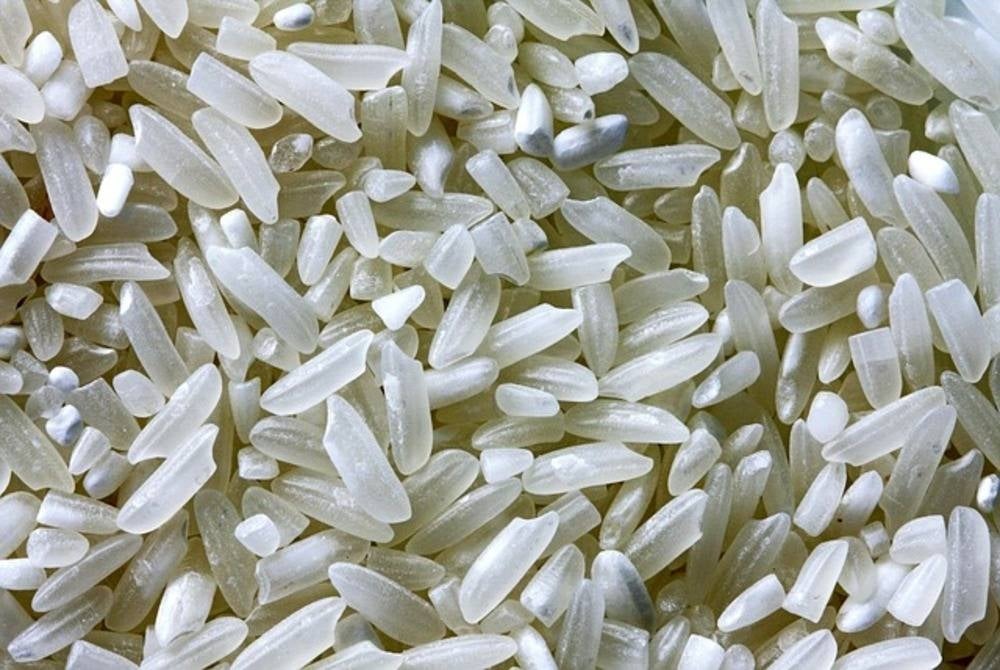Report: Focus on agriculture will be on strengthening food security

KUALA LUMPUR - The Economy Ministry said today that the focus in the agriculture sector will be on strengthening food security and improving the competitiveness of the agricommodity subsector by intensifying smart farming activities and the adoption of technologies.
Particular attention will also be given to embracing sustainable practices and adopting mechanisation and automation in the plantation subsector to promote activities that combine sustainability and productivity.
According to data from a study on national land use for food production, land use for agrofood activities in Peninsular Malaysia was at 0.9 million hectares in 2021, the ministry said in the Mid-term Review 12th Malaysia Plan (2021-2025) report released here, today.
This constituted 16.3 per cent of the 5.4 million hectares of agricultural land in Peninsular Malaysia, while the balance of 4.5 million hectares was for agricommodity.
Areas for paddy and fruit cultivation made up more than 70 per cent of the total agrofood land use. The land used for agrofood is estimated to increase by 1.2 per cent by 2025, contributed mainly by the increase in areas for vegetables and aquaculture.
However, paddy areas are estimated to decrease by 1.4 per cent in the same period.
Demand for rice is expected to increase from 2.9 million metric tonnes in 2020 to 3.2 million metric tonnes in 2025. Production of rice is expected to reach above three million metric tonnes by 2025 with a total area of 427,894 hectares, it said.
Measures will be undertaken to consolidate small paddy fields, ensure adequate irrigation and drainage infrastructure as well and introduce new high-yielding varieties and subsidies based on performance.
Production of fruits and vegetables will be increased to meet domestic and export market demand. The focus will be on non-seasonal fruits and highland vegetables.
The average self-sufficiency ratio (SSR) of fruits is expected to reach 106.5 per cent in 2025 compared to 100.2 per cent in 2020, while the average SSR for vegetables is expected to reach 95.1 per cent in 2025 compared to 90.9 per cent in 2020.
Efforts will be focused on increasing productivity by developing fruit and vegetable clusters, rehabilitating farms, strengthening contract farming arrangements, and widening the adoption of modern technologies. These will ensure a consistent supply of fruits and vegetables.
In line with the National Agrofood Policy 2021-2030 (DAN 2.0), focus will be given to reducing pressure on marine fisheries by increasing the contribution of aquaculture to total fisheries production, from 20 per cent in 2020 to 30 per cent, or 650,000 metric tonnes in 2025.
In achieving this target, emphasis will be given to adopting modern equipment such as electronic feeding systems, sensors and monitoring systems that will enable fast and accurate decision-making, reduce input wastage and prevent the spread of diseases.
These will improve overall productivity without compromising the quality of fish produce.
The ministry said efforts to enhance the productivity of the ruminant subsector remain a challenge partly due to low adoption of technology, high operation cost and limited economies of scale.
Strategies will be concentrated to increase the SSR of beef from 27.7 per cent in 2020 to 50 per cent in 2025, mutton from 16.1 per cent to 30 per cent, and fresh milk from 64 per cent to 100 per cent.
Focus will also be given on intensifying research in genetic enhancement and breeding techniques, improving feed formulations, strengthening dairy facilities as well as consolidating small-scale ruminant farms, it added.
Redesigning the agrofood subsector requires not only shifting farm practices, adopting advanced technology and enhancing productivity but also strengthening the ecosystem to facilitate the transformation. The end goal is to establish a resilient, inclusive, competitive and sustainable agrofood subsector in mitigating any future food security crisis. - BERNAMA
Download Sinar Daily application.Click Here!














